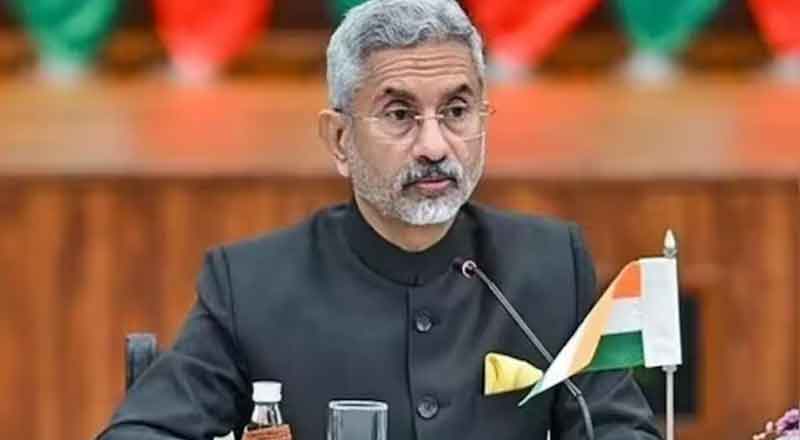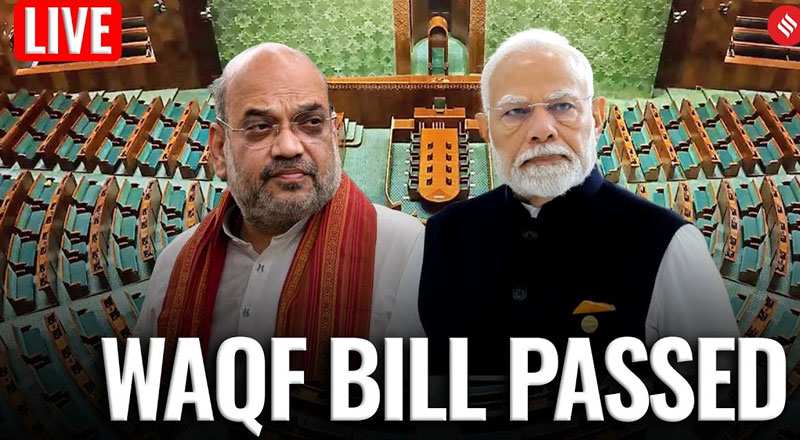- India’s External Affairs Minister, S Jaishankar, shed light on the suspension of visa services for Canadian citizens, unveiling the underlying reasons behind the unprecedented move.
- Jaishankar emphasized India’s demand for accountability in the face of adversity.
- He underscored the necessity for justice in the attacks on India’s high commission in London and consulate in San Francisco, along with the threats posed to Indian diplomats stationed in Canada.
- The decision to suspend visa issuance to Canadian citizens stemmed from a series of alarming events that jeopardized the safety of Indian diplomatic personnel.
- Jaishankar clarified that the crux of India’s concerns with Canada lies in its perceived tolerance towards separatist, terrorist, and anti-India elements within its borders.
- Furthermore, Jaishankar called attention to the importance of a robust response from host countries in safeguarding diplomatic missions.
- Jaishankar’s revelations shed light on the intricacies of India’s diplomatic relations and underscored the imperative of ensuring the safety and security of its diplomatic personnel abroad.
In a candid disclosure, India’s External Affairs Minister, S Jaishankar, shed light on the suspension of visa services for Canadian citizens, unveiling the underlying reasons behind the unprecedented move. Addressing concerns over the safety and security of Indian diplomats, Jaishankar elucidated India’s expectations for concrete action against perpetrators involved in various attacks and threats against its diplomatic missions.
Highlighting the grave nature of the incidents, Jaishankar emphasized India’s demand for accountability in the face of adversity. He underscored the necessity for justice in cases such as the attacks on India’s high commission in London and consulate in San Francisco, along with the threats posed to Indian diplomats stationed in Canada.
The decision to suspend visa issuance to Canadian citizens stemmed from a series of alarming events that jeopardized the safety of Indian diplomatic personnel. Jaishankar elucidated how repeated threats and intimidation directed towards Indian diplomats in Canada left India with little recourse but to take decisive action to ensure the protection of its officials.
The minister recalled the timeline of events, elucidating that the suspension followed Canadian Prime Minister Justin Trudeau’s insinuations regarding potential Indian involvement in certain incidents. However, Jaishankar clarified that the crux of India’s concerns with Canada lies in its perceived tolerance towards separatist, terrorist, and anti-India elements within its borders.
Jaishankar’s remarks at the TV9 Network summit illuminated the gravity of the situation, citing specific instances of attacks and threats faced by Indian diplomatic missions. From the assault on the Indian High Commission in London to the attempted arson at the consulate in San Francisco, each incident underscored the urgent need for decisive action.
Despite the tumultuous period marked by diplomatic tensions, Jaishankar expressed optimism about the progress made in addressing the underlying issues. He affirmed that visa operations have since returned to normalcy, signaling a positive shift in the security landscape for Indian diplomats.
However, the minister remained steadfast in his call for accountability, urging swift and resolute action against those responsible for perpetrating violence and intimidation. Jaishankar stressed that freedom of speech should never be wielded as a tool for coercion or aggression against diplomatic personnel carrying out their duties.
Furthermore, Jaishankar called attention to the importance of a robust response from host countries in safeguarding diplomatic missions. He cautioned against complacency, asserting that failure to address such transgressions could tarnish the reputation of nations and undermine bilateral relations.
In conclusion, Jaishankar’s revelations shed light on the intricacies of India’s diplomatic relations and underscored the imperative of ensuring the safety and security of its diplomatic personnel abroad. The discourse serves as a clarion call for international cooperation and concerted action in upholding the sanctity of diplomatic missions worldwide.
(With inputs from agencies)





